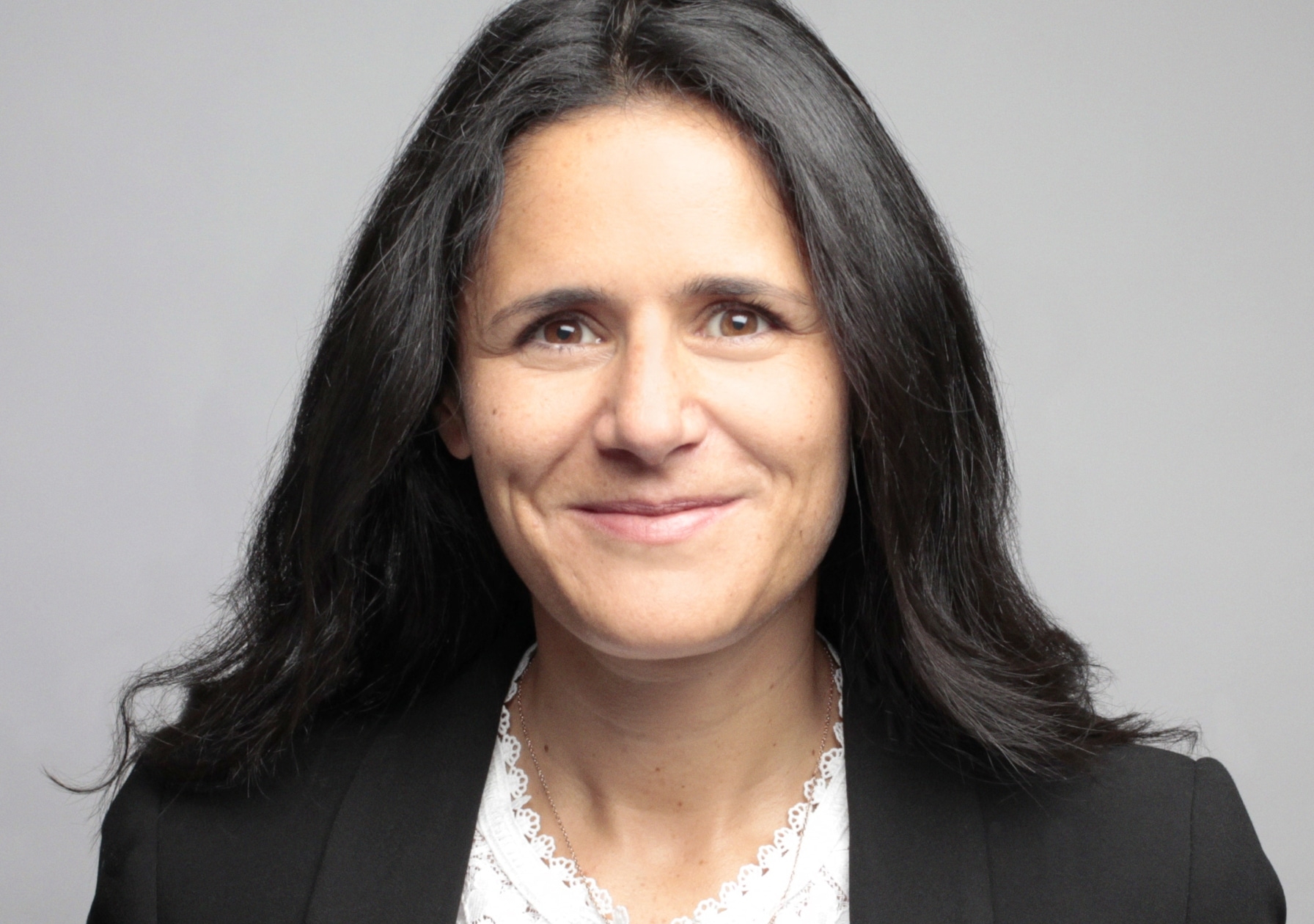At a time when companies are seeking to gain a better grasp of what makes or breaks the commitment of their teams, Alexia Abtan, Director of Investment and Innovation at SFL, and Frédéric Dabi, Managing Director of Opinion atIfop, provide a concise insight into the mainsprings of commitment.
They decipher the key findings of a study dedicated to this central issue, ranging from the signs of dropping out to the strength of the collective and the structuring role of the office.

“In a society where the search for meaning is intensifying, companies have to deal with the demand for performance.”
Alexia Abtan
Director of Investment and Innovation at SFL
Question 1: Why did you decide to devote this study to the theme of commitment?
Frédéric Dabi: Commitment is an essential notion, but one that is rarely questioned head-on. We often measure satisfaction and motivation, but we never explicitly ask: are you committed? And yet, for a decision-maker, it’s an invaluable reading key. It enables them to detect weak signals, anticipate departures, understand what drives an employee to adhere to a project, or on the contrary, to drop out. Our study provides precisely these indicators: it makes visible what is not always visible.
Alexia Abtan: Our aim is to go beyond intuition and objectify feelings. In a society where the search for meaning is intensifying, companies have to deal with the demand for performance. By questioning commitment, we give them concrete tools to understand what really motivates their employees and positively influence their involvement.
Question 2: One in five employees in the Paris Region is disengaged: is this a weak signal or a structural threat?
Frédéric Dabi: The figure of 22% is worrying. It’s not a negligible minority and represents – if we extrapolate – a hundred thousand employees. Especially since “neutral” profiles can quickly fall by the wayside. Isolation, particularly when teleworking, acts like a “delicious poison”: comfortable on the surface, but destructive in the long term because it sets the individual back from the collective.
Alexia Abtan: It’s not a question of going back on telecommuting, but of recreating the collective. Offices are totems: they give structure, convey values and provide reference points. When you move too far away from them, you lose the link. And beware, because 71% of disengaged employees are detractors of their own company. The company needs to recreate these moments, these anchoring spaces. This requires internal relays, trust and regular feedback. In short, it’s a real work in progress. General de Cacqueray puts it very well in our interview with him: ” to manage is to give of oneself”.
Question 3: Conversely, what concrete benefits does the company derive from a high level of commitment?
Frédéric Dabi : Super-committed people are capital. They shine, motivate, stabilize teams and defend the company, including on social networks. They project themselves into the future, going beyond their job description. They are promoters, ambassadors. They act as a shield against the prevailing demotivation.
Alexia Abtan : They’re also the ones who make people want to come into the office and work together. A virtuous circle is set in motion: committed colleagues make people want to go further, and contribute to the pride of belonging to a company that is aligned with its values. As a real estate company, our role is to create environments that are conducive to this commitment – places to work, but also places to live. And this study helps us to design them.
Question 4: So more and more is being asked of offices?
Frédéric Dabi : In a fragmented society, the company becomes a landmark. Where institutions are losing credibility, companies are perceived as reliable players. One person in two considers his or her office as a place to live. It’s a profound transformation: people no longer expect just a salary, but meaning, concrete commitments and a listening ear.
Alexia Abtan : The workplace remains one of the last places where real diversity can be found: in terms of generation, social status and culture. It’s a breeding ground for innovation, exchange and debate. And employees are in favor of this diversity, not as a matter of principle, but in very concrete terms: in their choice to join the company (70% of Parisians consider social, generational, gender and religious diversity to be “important”) and for the creativity it generates (80% of respondents consider that the most creative meetings are those involving people of different genders). Finally, the gender mix of the management team plays a key role in attachment to the company: 87% of super-employees feel that their management is sufficiently mixed in terms of gender (74% of the general population). At the same time, we’re seeing a real return to the search for structure and a framework. And the office is the embodiment of this cohesive space. When it’s well-located, pleasant and friendly, it’s a magnet!
Question 5: Is salary still a lever of commitment?
Alexia Abtan : What we found in the study is that it’s far from being the main lever. A pay rise isn’t enough to reverse a dynamic of disengagement. In a way, this is reassuring, because it puts human relations back at the heart of the game. But it’s also a challenge, because this posture requires time, intuition and proximity. It’s an in-depth job.
Frédéric Dabi : The real currency is trust. Saying thank you, giving feedback, including employees in the vision, in the decisions. Committed employees want to feel that their opinion counts. It’s an expectation of recognition, but also of justice and projection. A citizen expects a project for his city, an employee expects a direction for his company.



